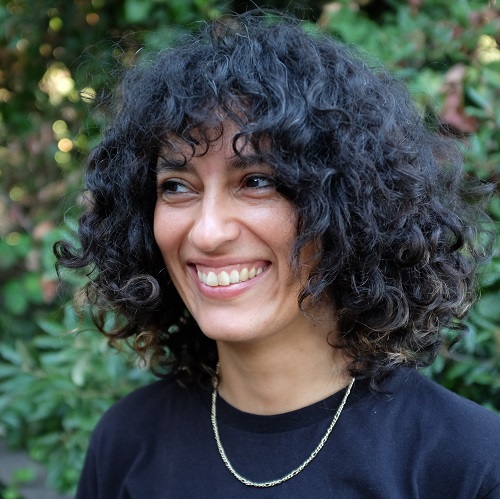Angelika Levi is a Berlin based filmmaker. Her work is shown at international film festivals, cinemas and exhibitions. Her short film Faust aufs Auge (1988) won the No Budget Video Prize Hamburg, and Desiree & Polylepis (1994) was rated “high quality” by the German Film Classification Board in Wiesbaden. MY LIFE PART 2, her first full-length documentary, won several awards and had its premiere at the Forum/International Berlin Film Festival 2003. Her essay film ABSENT PRESENT (2010) had its Premiere at The Women´s Film Festival in Barcelona. Children of Srikandi had its Premiere at the Panorama/ international Berlin Film Festival 2012 and won also several awards. MIETE ESSEN SEELE AUF (Rent eats the soul) was shown as a 3-channel film installation in the exhibition "Housing Question" in "Haus der Kulturen der Welt" in Berlin 2015. Levi is working also as an editor and dramaturgic advisor. Her film AHORITA FRAMES premiered at the 71st Berlinale in Forum Expanded in 2021.
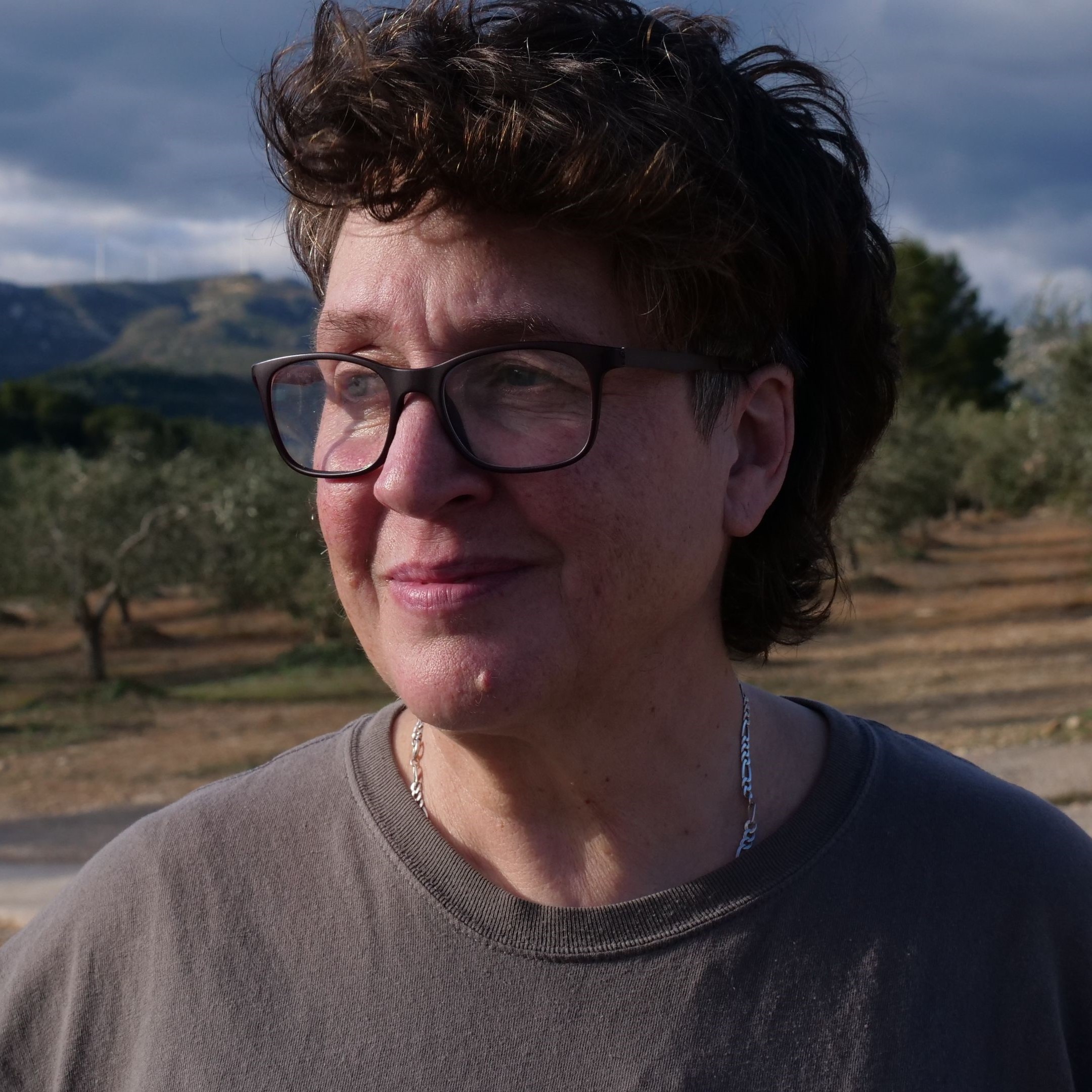
*1956 in Salzburg. Studied at Akademie der Bildenden Künste in Vienna from 1975-80. In the early 1980s she worked for the weekly evening of performance „Wednesdays at A’s“. 1987 Scheirl starts to live and work in London and among an international scene of queer and transgender artists. In the mid 90s she/he adopts the transgender identity of „Hans“. Graduation as Master of Arts at Central Saint Martins College London in 2003. Beneficiary of the Austrian governmental scholarship in 2006. Chair of „Kontextuelle Malerei“ (contextual painting) at Akademie der Bildenden Künste in Vienna since 2006. Won the city of Vienna’s award for visual arts in 2012. Annual DAAD (German Academic Exchange Service) scholarship in Berlin in 2018/19. In 2019: Austrian Art Award for Visual Art and attendance of Biennale Lyon together with Jakob Lena Knebl. Also with Knebl, Scheirl will represent Austria at the Venice Biennale in 2022.
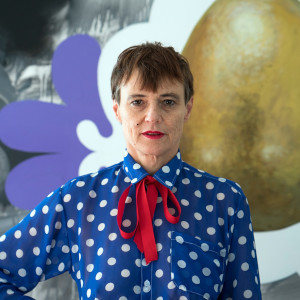
Atlanta Ina Beyer teaches in the Gender and Diversity program at the Rhine-Waal University of Appled Sciences in Kleve and is currently finishing her dissertation on queer utopias in the aesthetics of queer, audio/visual punk productions. She is co-editor of "Queere Prekariat, Klasse und unteilbare Solidaritäen" (Münster: Edition Assemblage 2022, with Katharina Pühl and Lia Pecker) and of Perverse Assemblages. Queering Heteronormativity Inter/Medially (Berlin: Revolver, together with Barbara Paul u.a.).
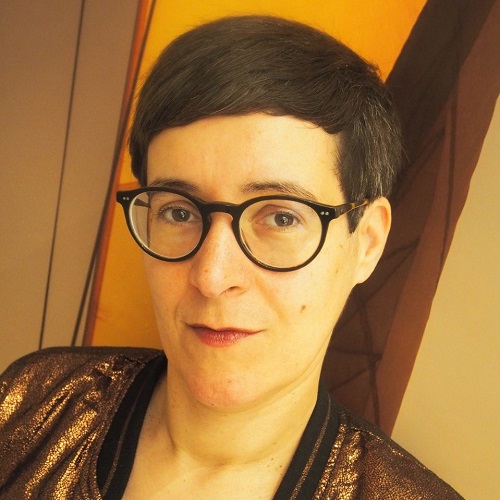
Born 1961, film scholar, curator and filmmaker, lives in Cologne. Since 1989 staff member of Feminale; co-founder of the program section "Quer Blick - Queer Looks". "Quer Blick" early on presented a broad panorama of lesbian, queer, trans* and gender issues and pushed debates. As a curator, she designed film series, cultural events, discussion forums (focus among others: Experimental Films, Art Films, Feminist Film Theory, Play Gender). She makes documentary films and is co-editor of the book "Girls Gangs Guns - Zwischen Exploitation-Kino und Underground" (Ed.: Carla Despineux/Verena Mund; 2000). She reflects on her experiences with "Quer Blick" in the essay "Queer Cinema - Kino in Bewegung", in: "bild:schön" (Ed.: Dorothée von Diepenbroick / Skadi Loist, 2009).
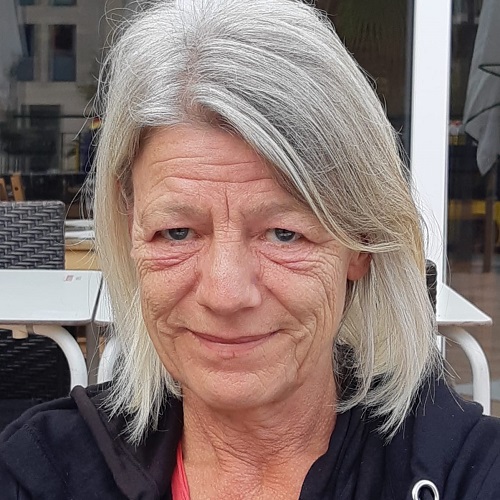
Cinzia Bullo grew up in a small Italian village by Lake Maggiore and lived in Milan for some time before moving to Berlin in 1984. While studying at the dffb (1986-93) and in the following years she directed her own films. In addition, she worked as a director of photography and as an assistant director for other productions. She also developed the material for several fiction films, raised three children, co-founded a high school, and directed and produced a number of videos on school and education in Berlin. Currently Cinzia Bullo is working on a long-term documentary about a Berlin high school whose students mostly are from immigrant families.
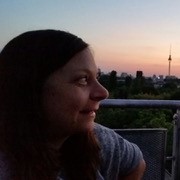
Balvers studied saxophone at the Amsterdam Academy of Music . She is a member of the Amsterdam Saxophone Quartet and has worked in that city with internationally renowned musicians. She is also a member of Maud Nelissen's film music orchestra The Sprockets and teaches saxophone at the music school in Amersfoort.
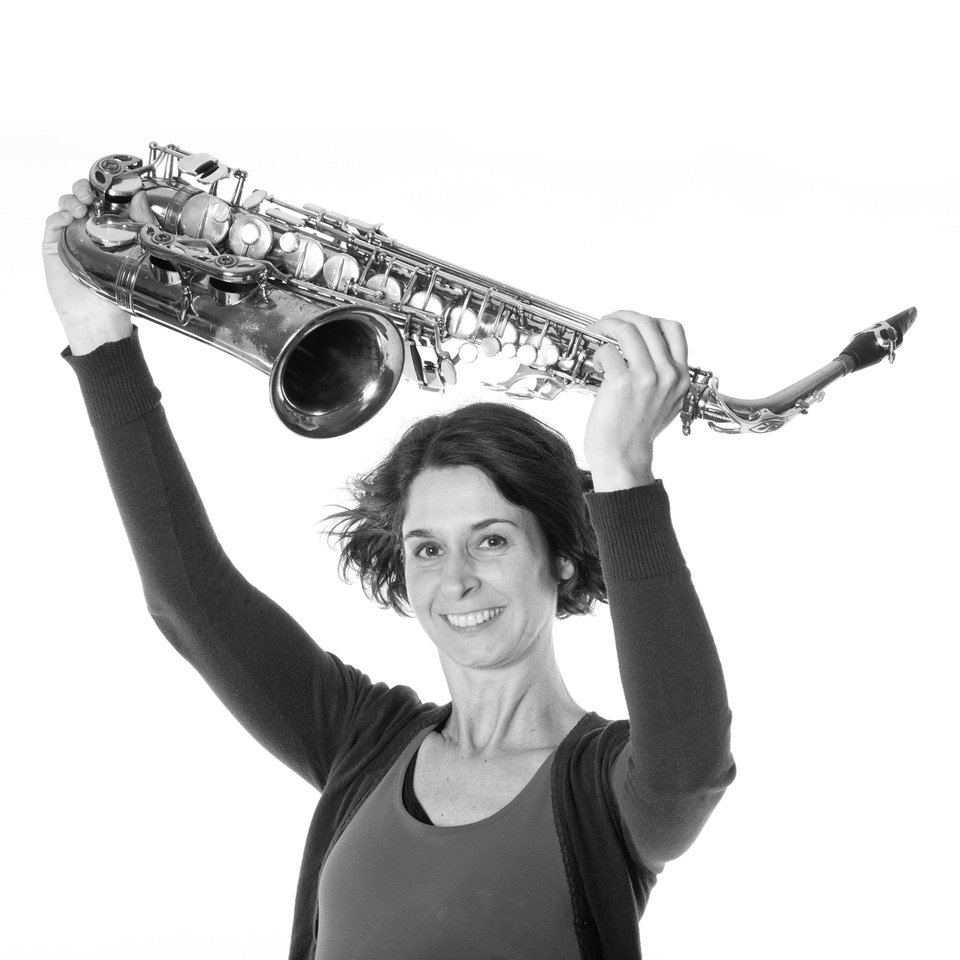
Born in 1949 in Ifigha, Algeria, Djouhra Abouda Lacroix is known as a singer of Kabyle music under the stage name Djura. She came to France with her parents as a child. In Paris, she completed a degree in fine arts. Against her family's wishes, Abouda chose an artistic career that led her from theater to film and finally to music. She founded the music group DjurDjura in 1979. Abouda published two autobiographical books: Le voile du silence and La saison des narcisses. With Alain Bonnamy, Abouda made three films: Algérie Couleurs (1970-1972), Cinécité (1973-1974) and Ali au pays des merveilles (1976).
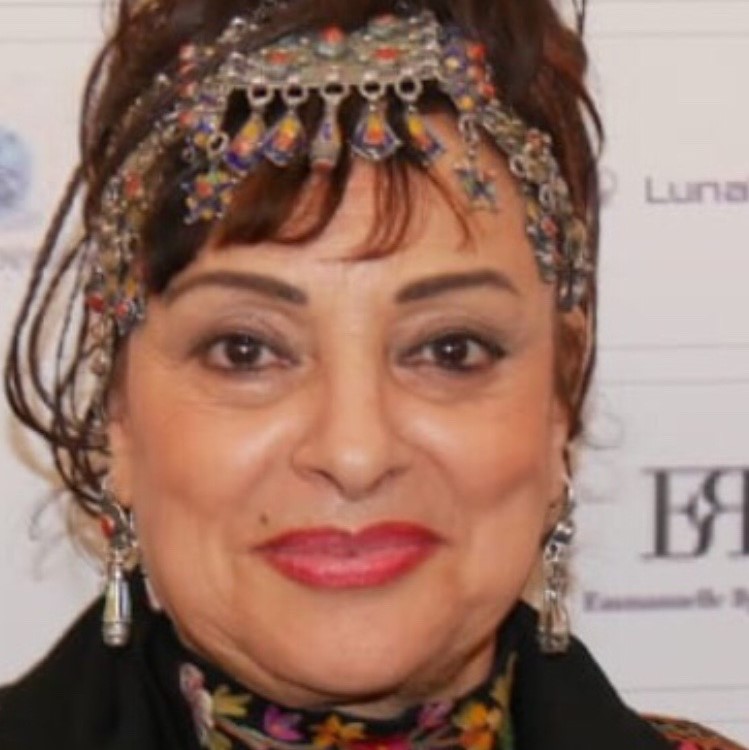
Elif Rongen-Kaynakçi is the Curator of Silent film at Eye Filmmuseum. Born in Istanbul, graduated from the Univ. of Amsterdam Film & TV Studies in 1997, she is employed at the Eye Filmmuseum since 1999. Next to being responsible for the internationally renowned Desmet Collection, she has worked on the discovery, restoration and presentation of many presumed lost films, with a particular focus on the oeuvre of forgotten actresses such as Rosa Porten, Sarah Duhamel, Tsuru Aoki, and many other unnamed comediennes. Elif served two terms as an executive committee member of the Women and Film History International and co-organized the Women and the Silent Screen 2019 Conference at Eye. She is also one of the curators of Early Cinema’s Nasty Women; a DVD box set featuring 99 silent films, released in December 2022.
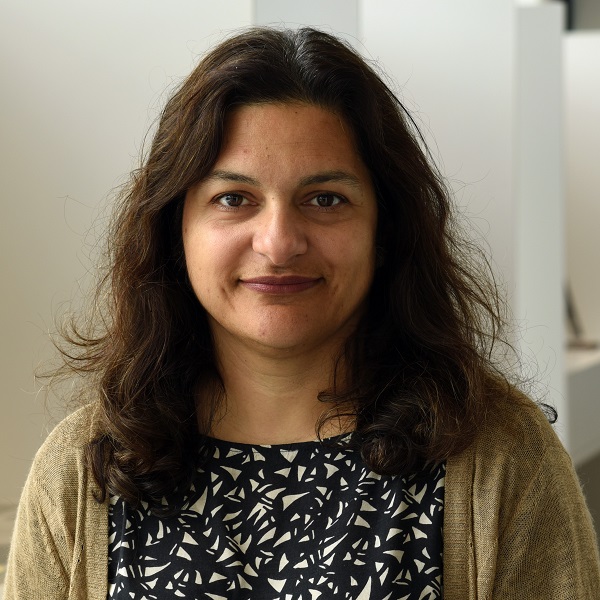
Eva Rieger, born 1940, was professor of the social history of music at the University of Bremen. She wrote the book Alfred Hitchcock und die Musik. Eine Untersuchung zum Verhältnis von Film, Musik und Geschlecht (Bielefeld 1996) and has published on the influence of Richard Wagner on numerous film music composers. 2022 will see the publication of Isolde – Richard Wagners Tochter. Eine unversöhnliche Familiengeschichte bei Insel. She lives in Liechtenstein.
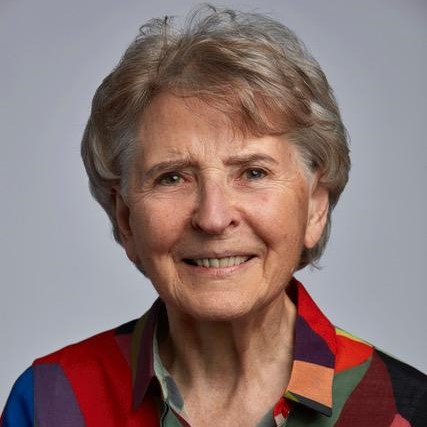
Farah and Nabila are the founders of LOST FILM, a film collective that makes horror short films on socially critical topics, working in front of and behind the camera in a gender-sensitive way that is aware of racism. Literatur and philosophy PhD student Farah Bouamar and sociology PhD student Nabila Bushra are convinced of the power of storytelling and stand for a paradigm shift with their productions.
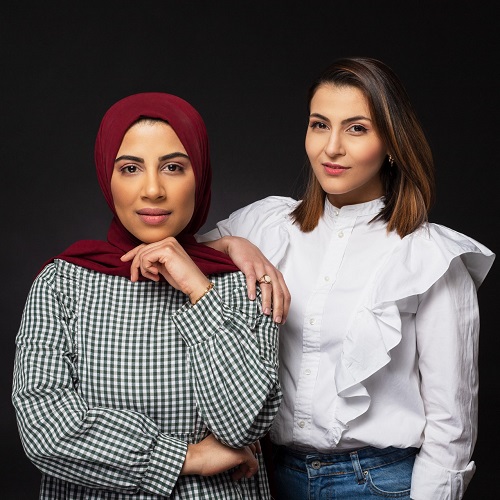
Director, born in 1947 in Zwickau, Abitur and carpenter, trained as a physiotherapist in Erfurt, assistant director at youth television, 1978-1982 studied directing at the Babelsberg Film Academy. From 1983 freelance at the DEFA Studio for Documentary Films. 1985-88 Meisterschülerin with Heiner Carow at the Academy of Arts of the GDR, 1988-91 permanent position at the DEFA Studio for Documentary Films, then freelance writer and director. 1997-2014 Professor of directing at the HFF KONRAD WOLF in Babelsberg. Since 1991 member of the Academy of Arts Berlin.
Films include: Ein Leben, Haus.Frauen., Stilleben/Eine Reise zu den Dingen, Tangotraum, Winter adè, Who's Afraid of the Bogeyman, Sperrmüll, Herzsprung, Meine Liebe/Deine Liebe, Engelchen, Fremde oder, Helga Paris/Fotografin, The Poet’s Wife.
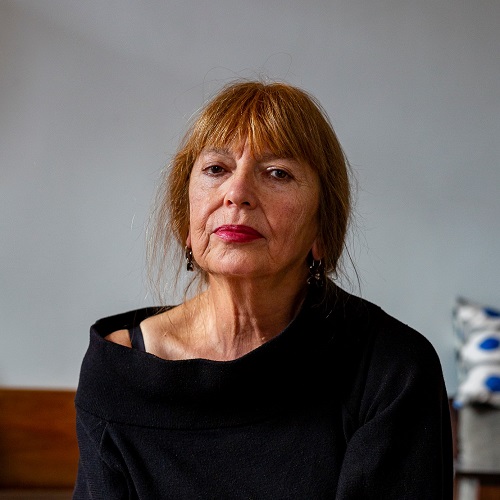
Studies of psychology, medicine and literary science in Helsinki and Hamburg. Magister treatise on Ingeborg Bachmann's written imagery, Studies at HFF München (Academy of Film and Television Munich) 1967-1970. Own film production since 1974 (Theuring-Engström Filmproduktion).
Films (a.o.) DARK SPRING (1970), BATTLE FOR A CHILD (1974) NARRATION (1975) together with Harun Farocki, ESCAPE ROUTES TO MARSEILLES (1977) together with Gerhard Theuring, LAST LOVE (1979), FLIGHT NORTH (1985), NEW ANGEL. WESTWARD (dir. Gerhard Theuring 1987, IE producer), GINEVRA (1992), MRS. KLEIN (1994). Publications a.o.: "Etwas über Schlussbilder und meine Liebe zum Kontinent" in Filmkritik 3/1976, "Fluchtweg nach Marseille" with G,Theuring, Filmkritik 2/1978, "Escape Route to Marseilles", dossier in framework 18/19, 1982, "Doppelskizze" on Harun Farocki, close up 1998, further materials and conversations in: Renate Möhrmann "Die Frau mit der Kamera" 1980, in Frauen und Film 22/1979, epd film 5/1986. a.o. Recent publications: Materials to Escape Route to Marseilles (HaF-Institute 2019), "D' autres heritages", Claire Angelini in Europe mai 2020, dossier I.E in Swedish in walden filmtidskrift 17/18 2020. Coming: several films in DVD edition filmmuseum, Munich.
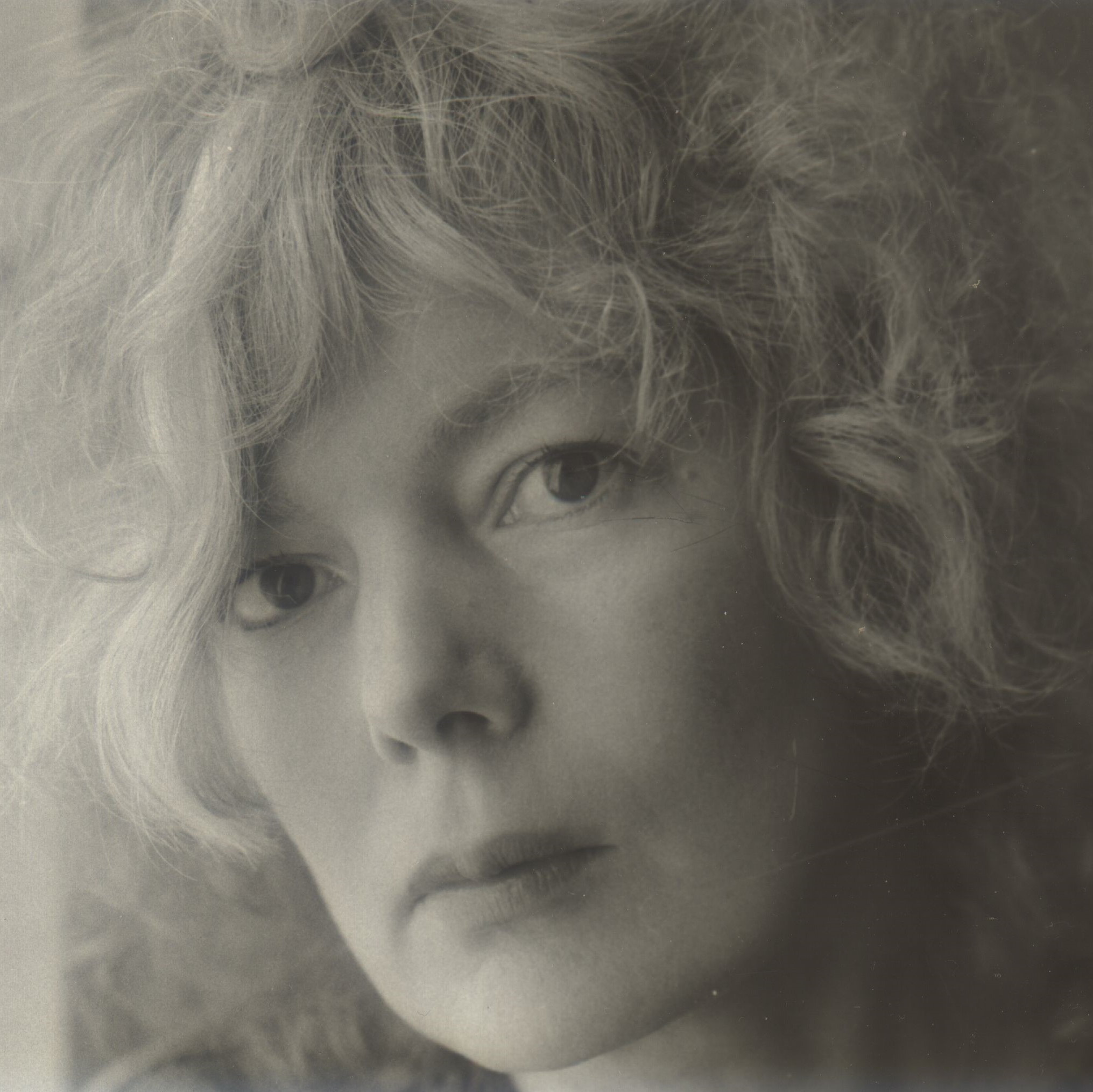
Born 1959 in Essen, living and working in Munich and Berlin. Cultural editor. From 1990 director for public German TV. Lecturer at universities such as Cologne's Academy of Media Arts and the Universities of Bochum and Berlin. Since 2000 director and producer of full-length documentaries. Awards include: FIPRESCI, Berlinale Forum / ARTE-Dokumentarfilmpreis / Prix Regard Neuf, Visions du Réel / ADOLF GRIMME AWARD / First Documentary Award, HOT DOCS, Toronto. Since October 2017 professor for documentary film at the University for Film and Television (HFF) Munich.
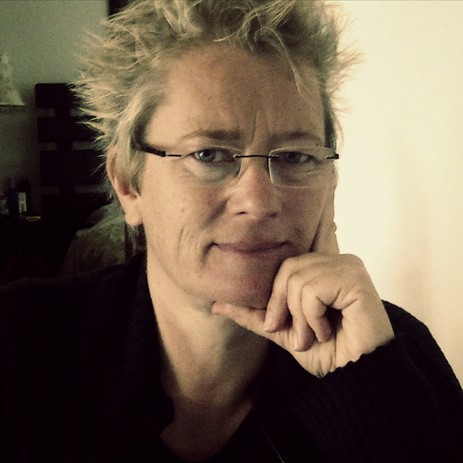
Labournet.tv is an online archive of films about strikes and social movements. A small women's collective from Berlin collects and subtitles the films and makes them accessible for free. In addition, the collective regularly films strikes in Berlin and elsewhere and then shows the videos in the "Cinéma Klassenkampf" series, where workers give first-hand accounts of their labor struggles and engage with a public in solidarity. The last longer labornet.tv film is LUFT ZUM ATMEN ("Air to Breathe"), the political portrait of a group of militant workers at Opel in Bochum. Currently, the collective is working on DER LAUTE FRÜHLING ("The loud Spring"), a documentary about the causes and extent of the climate catastrophe - and possible ways out.
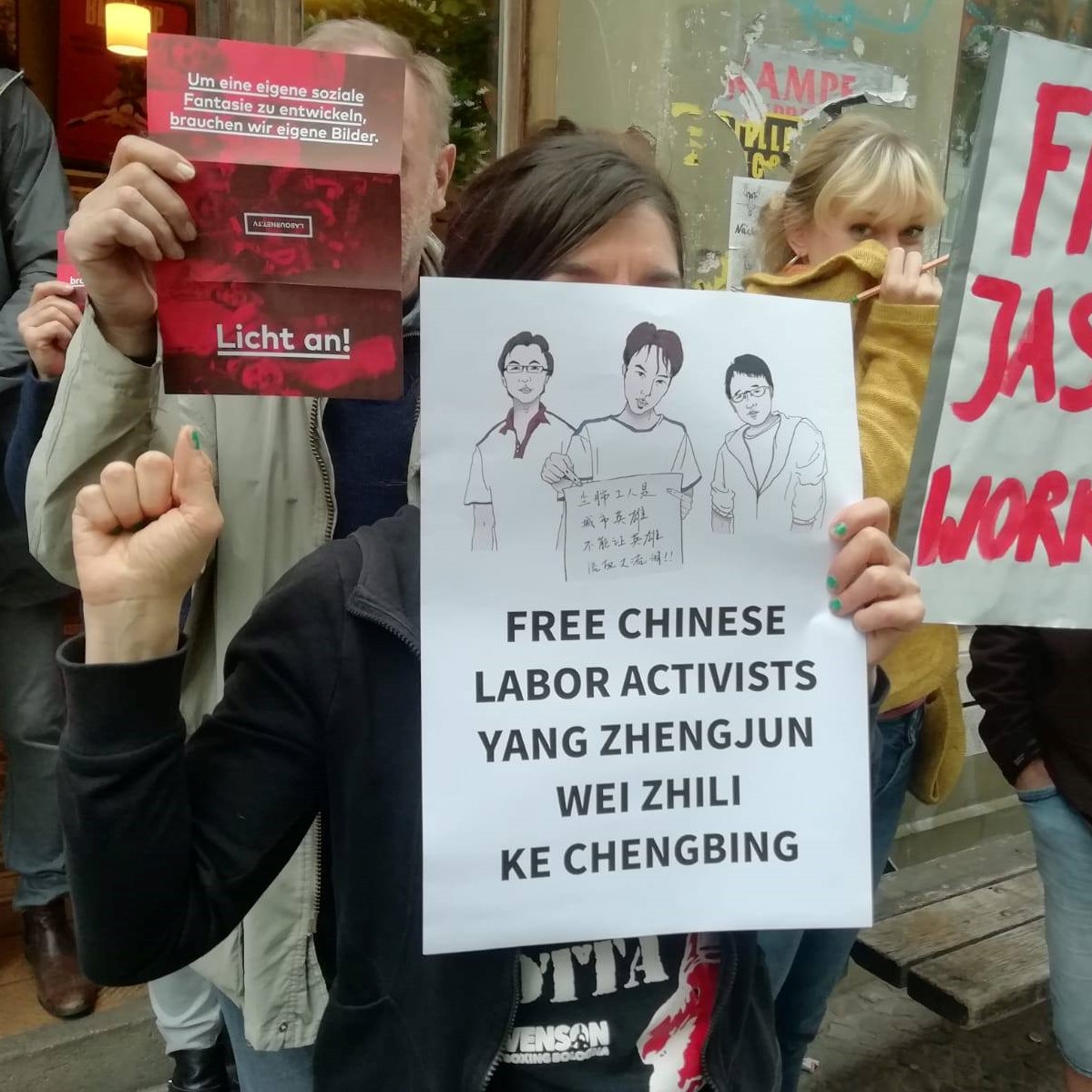
Louise Burkart (she/her) is a film restorer at the DFF - Deutsches Filminstitut & Filmmuseum. After graduating in film studies, she worked at the Murnau-Stiftung and at ARRI Media Restoration. During the past several years, she has curated film series on experimental or marginalised cinema in German-speaking countries and France and was also a co-founder of the Filmkollektiv Frankfurt. She worked for the Kinothek Asta Nielsen during seven years.
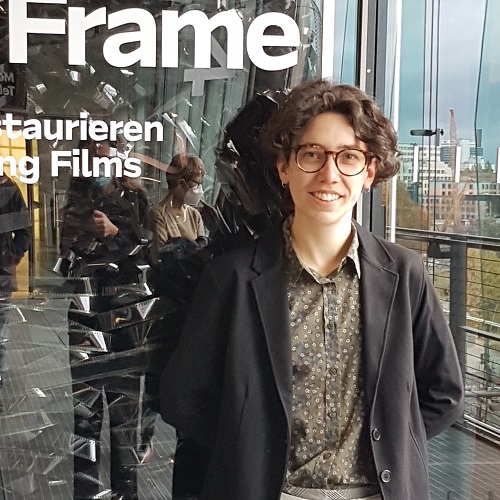
Madeleine Bernstorff (Berlin), writer und film curator. Research-based, mostly collaborative projects. Co-founder of Kino Sputnik Berlin in 1984 as well as the feminist film group Blickpilotin in 1989. Film/video programmes about Early Cinema and the Suffragette Movement, filmmaker René Vautier in an internationalistic and anti-colonialistic context, Carole Roussopoulos’ video activism, „Kamerahelm“-artist Margaret Raspé or the political/technical surroundings of film activist Ella Bergmann-Michel’s works. Bernstorff is a member of the commission of International Short Film Festival Oberhausen and teaches film history. Occasionally films/videos of the „small kind“: trailers, video-letters, Super8-movies. In 2016/17 she produced the 23-video-series NSU-Komplex auflösen! with the group SPOTS.
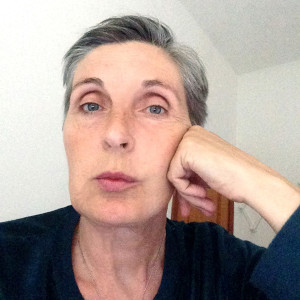
Nelissen is a Dutch composer and pianist with a special interest in music for silent film. She worked in Italy with Charlie Chaplin's last music arranger, Eric James. She is now a much sought-after silent film pianist and composer at festivals in Europe, the USA and Asia.
Maud established her own silent film music ensemble, The Sprockets, and has performed with them as well as other ensembles at home and abroad. Maud Nelissen has collaborated with Kinothek Asta Nielsen many times in the past; for Remake 2021 and 2019 she composed the music for SHOES (1916, Lois Weber) and HINDLE WAKES (1927, Maurice Elvey). The composition for NORRTULLSLIGAN was also commissioned by the Kinothek.
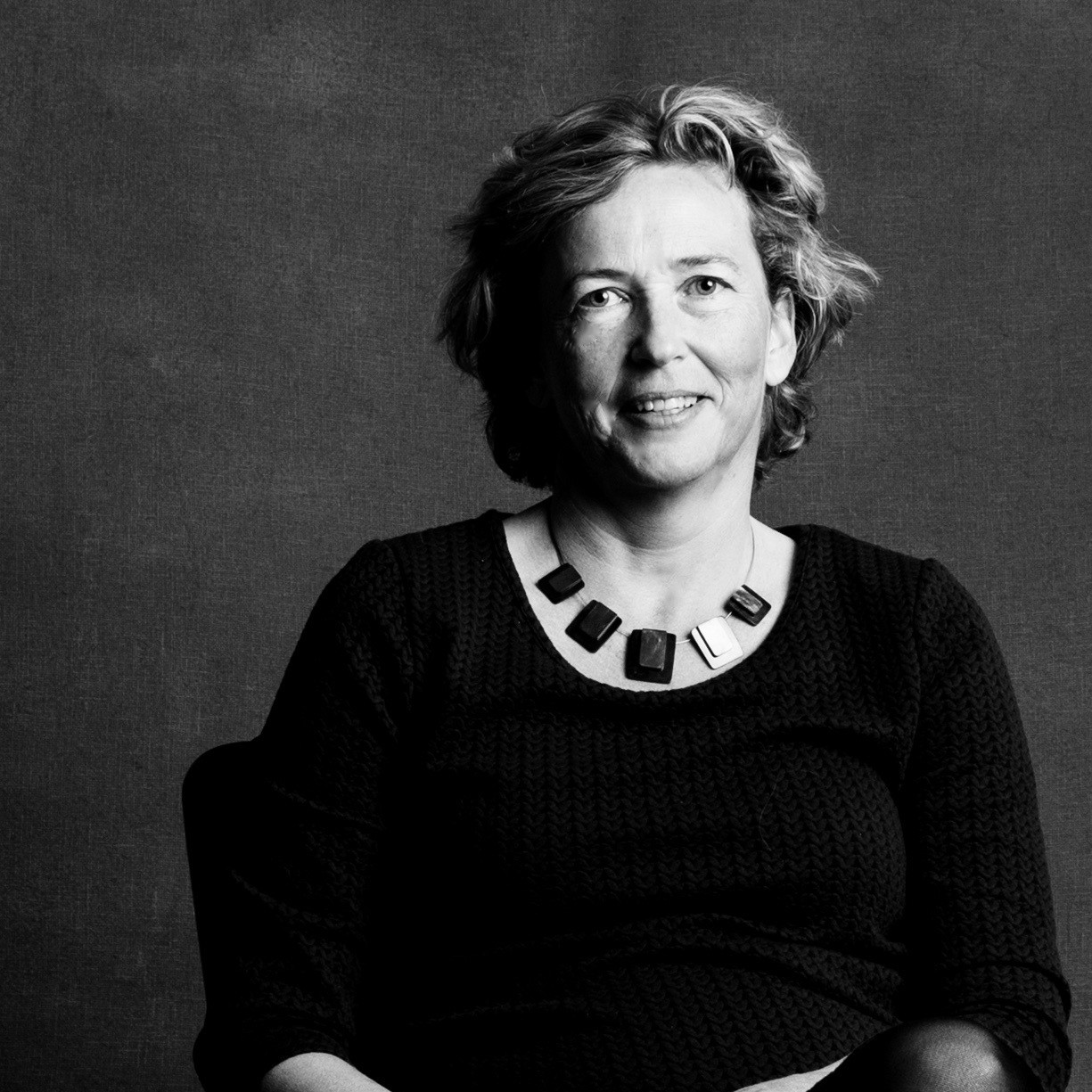
Monika Treut is one of the pioneers of New Queer Cinema, works as a writer and director and manages production company Hyena Films. Her work includes award-winning documentaries, narrative and experimental features, which focus on gender roles and sexuality from a feminist perspective. Treuts most prominent films include Seduction: The Cruel Woman, Die Jungfrauenmaschine and My Father Is Coming. She is a member of Pro Quote Film, Deutsche Filmakademie, AG DOK and Freie Akademie der Künste in Hamburg.
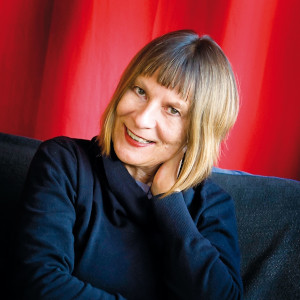
Born in 1955 in Schwerte/Ruhr, studied art history and german language and literature in Bonn, took the second state examination in Oberhausen and subsequently taught at grammar schools in Düsseldorf, Lisbon and Luxembourg. Early interest in literary adaptations and encounters at the International Short Film Festival Oberhausen led to the foundation of the women's film festival femme totale in the mid-1980s. The collaboration there increasingly concentrated on the artistic framework program of the festival with themed (art) exhibitions.
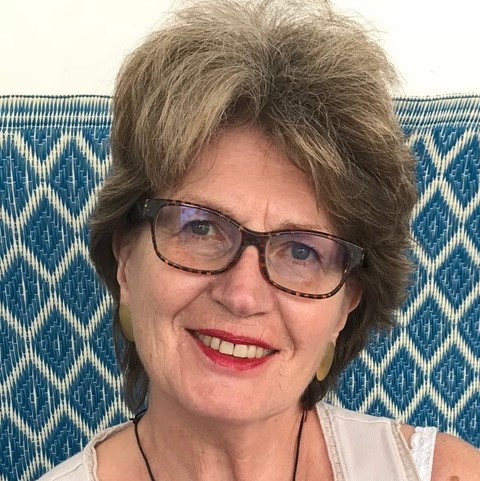
* 1958 in Wetter/Ruhr. Studied theater, film and television studies, German and philosophy at the University of Cologne. Also lecturer in youth and adult education, specializing in media education, political education and basic education for adults. Organization and program development of the Feminale (1986 - 1998). From 1999 project manager for virtual learning and working environments and learning communities in youth and adult education and later responsible for the implementation of the digital strategy of the German Adult Education Association. Today, freelance consultant for digitalization and organizational development in educational institutions.
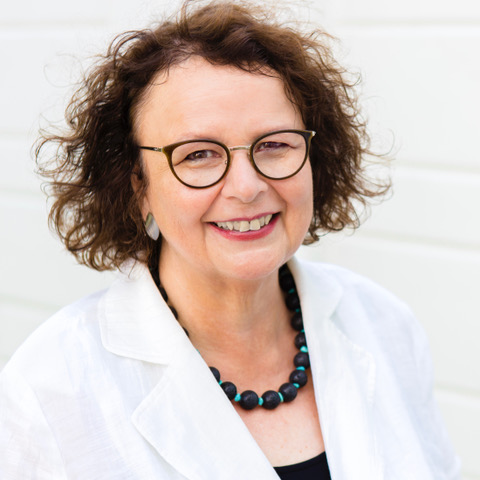
Born 1950 in Nürtingen. Working as a bookseller for 3 years, studied photography, studied documentary filmmaking at Kunsthochschule Hamburg. Working as a director, author, editor, cinematographer since 1978. Co-founder of Wendländische Filmkooperative. Made about 30 documentary features and essays for cinema/ German TV. Subjects: Anti-nuclear movement, social issues, women, motherhood, love, money, rockets, environmental subjects, biographies, history. Awards: Bundesfilmpreis ,Preis der dt. Filmkritik for Zwischenzeit, best documentary Guangzhou Filmfestival, nominated for the Grimme Award, Kunstpreis des Landes Niedersachsen; Festival participations, commissioned works for ARD/ZDF/ARTE.
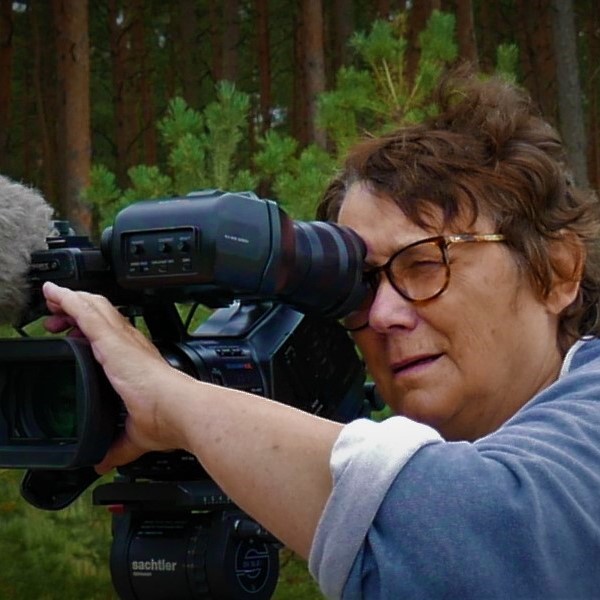
Born in 1973. She studied Philosophy, Modern German Literature and Sociology, as well as Editing at the Film University Babelsberg Konrad Wolf. Herpich is a member of the collective fsk Kino and the distribution company Peripher Filmverleih in Berlin, where she lives and works as a freelance filmmaker and editor.
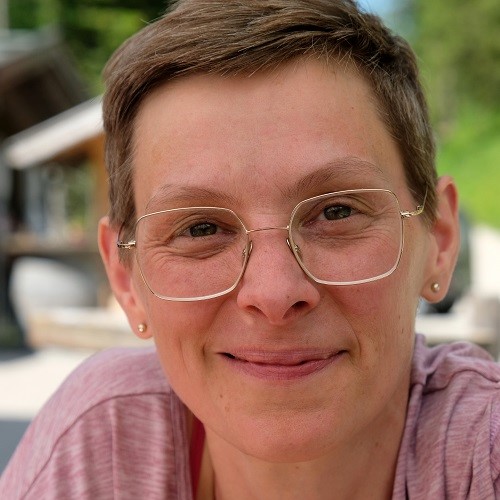
Studied German, politics, history and educational sciences. Worked first for a film distributor, then managed a cultural education project for children and young adults for the city of Dortmund. From 1986, worked at the Dortmund International Women's Film Festival, becoming its director in 1992. Since 2007 – 2018 artistic director of the Dortmund | Cologne International Women's Film Festival. 2009 – 2016 member of the selection committee for the feature film competition at the Max-Ophüls-Preis Film Festival in Saarbrücken. 2009 - 2019 conception and development of the cinema in the Dortmunder U and chairwoman of the association Kino im U. She is a member of the jury at FBW, the German federal authority for evaluating and rating of film and media in Wiesbaden and a member of the NRW regional committee of Deutsche Künstlerhilfe.
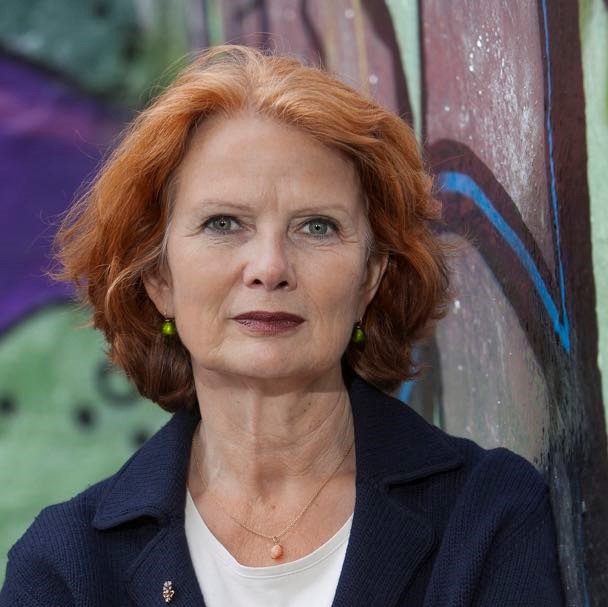
Born in Vienna. Studied Visual Media Design at Universität der Angewandten Kunst in Vienna under Prof. Peter Weibel. Studied Elektroacoustics and Composition at Universität für Musik und Darstellende Kunst in Vienna under Prof. Dieter Kaufmann Mag.art. (with honor). Lives in Berlin since 1995, works as film editor since 1996. Directed by (i.a.): Gerecht ist, was falsch ist (2019, screenplay), Blueprint (2001, experimental feature, 66 min), Flaming Ears (1992 with Ashley Scheirl+ Dietmar Schipek, 84 min), The Drift of Juicy (1989, Video, 10 min). Edited by (i.a.): Demokratie unter Druck (2019, 92 min, arte, directed by Inga Turczyn+Manuel Gogos), Carte blanche für Pia Marais Cari Compagni (2018, 22 min, arte, directed by Pia Marais), Hitlers Hollywood (2017, 106 min, arte + Kino, directed by Rüdiger Suchsland).
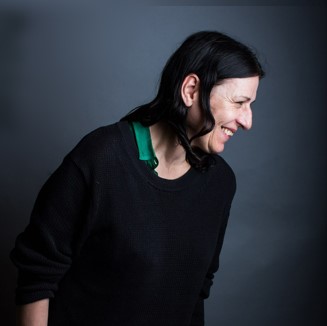
Ute Holl teaches media aesthetics at the University of Basel, studies audiovisual knowledge formations, including early cinema, as well as media dispositifs and cultural techniques of colonial and postcolonial archives.
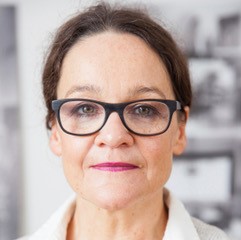
Verena Mund is coordinator in the Graduate Research Training Program "Configurations of Film" at Goethe University Frankfurt. From 1995 she worked in the programming of Feminale, Internationales FrauenFilmFestival Köln, from 2001 to 2003 as co-director. She then worked in the Fim/Video Department at the Walker Art Center in Minneapolis (2004-2008) and at the University of Minnesota (2010-2014). In 2020, she published "Blumen und Tabak. Tischgesellschaften in Amour fou und Western" in Isabella Reicher's Eine eigene Geschichte. Frauen Film Österreich seit 1999 (Sonderzahl Verlag). In fall 2021 her book Brücke, Switchboard, Theke – Working Girls vor Ort (transcript) will be published.
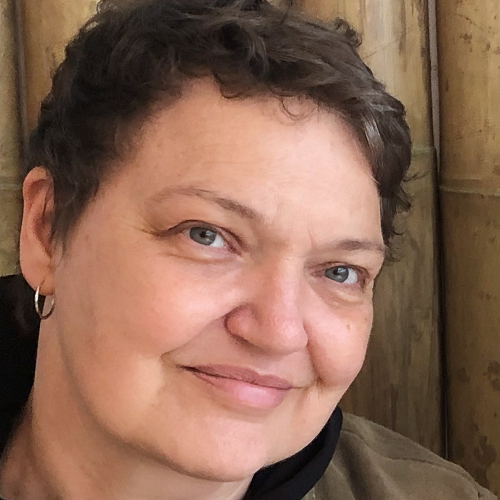
Zara Zandieh is a Berlin based filmmaker:in. Zara's films are dedicated to a decolonial, queer gaze that weaves complexity and multi-layered representations of post-migrant and marginalized subjects into poetic narratives. Zara's work has screened and been nominated at numerous international film festivals. Zara is also part of the Queer Feminist Film Network.
